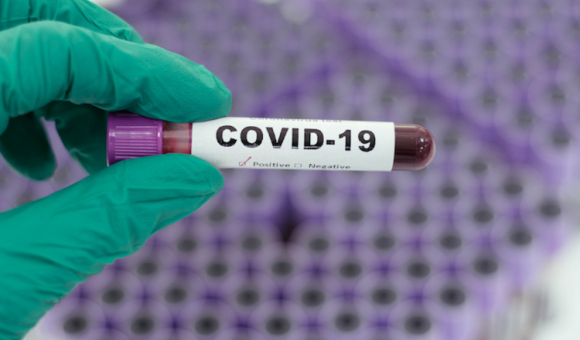Covid19 - New testing method from UNamur made available worldwide09/04/2020
The Belgian University of Namur has developed a valid, effective and replicable technique for the analysis of samples potentially contaminated with #covid19. Professor Benoit Muylkens, a virologist at the University of Namur (UNamur), has developed this analytical method based on a technique for extracting RNA (genetic information from the virus). This requires an extraction hood, a centrifuge at 4°C and a basic reagent, easily available in large quantities.
Apart from the fact that it does not require the typical reagents presently in shortage worldwide, the main advantage of the test is that it is easily reproducible. This technique allows a researcher to process an average of 50 samples per day. A laboratory of 12 people can therefore provide 480 diagnoses per day.
UNamur is sharing its technique by providing it to laboratories around the world.
The protocol is available graciously, on simple request, from the University itself. This is not a commercial proposition, rather a collegial offer from the Belgian university to assist laboratories in the world to fight this pandemic.
Any person or organisation in the medical and scientific sector in South Africa interested in applying this testing method may send us a short email at johannesburg@awex-wallonia.com or to Ms. Virginie Bourgignon, Technology Transfer Officer, University of Namur @ virginie.bourguignon@unamur.be to request the protocol and receive technical and scientific information about it.
ABSTRACT OF THE PROTOCOL DOCUMENT
quote
The emergence of SARS-CoV-2 virus and the exponential growth of COVID-19 cases confront the public health system to a major crisis. The diagnostic capacity is essential to monitor the epidemic. To date, antibody-based detection methods are not available. Thus, the critical identification of the contagious asymptomatic carriers requires the isolation of viral nucleic acids and amplification by PCR. However, the shortage of specific proprietary reagents or the lack of automated platforms has seriously hampered diagnostic throughput in many countries.
Here, we provide a procedure for SARS-CoV-2 detection for diagnosis purposes from clinical samples in the setting of a basic research molecular biology lab. The procedure details the 2 necessary steps for the daily analysis of up to 500 clinical samples with a team composed of 12 experienced researchers.
unquote
